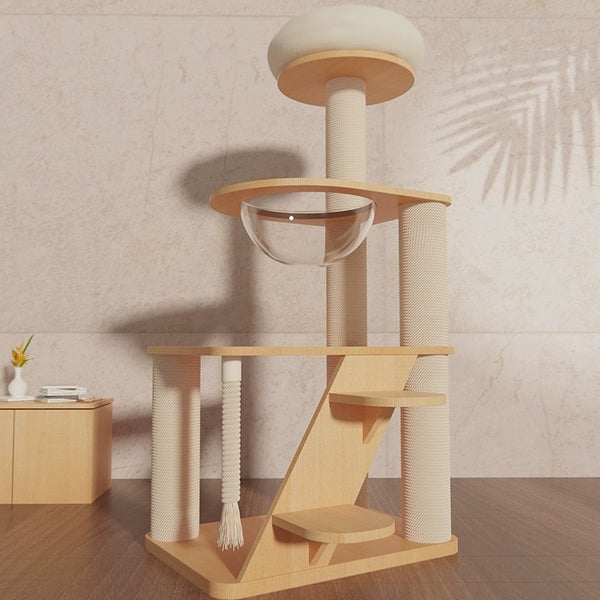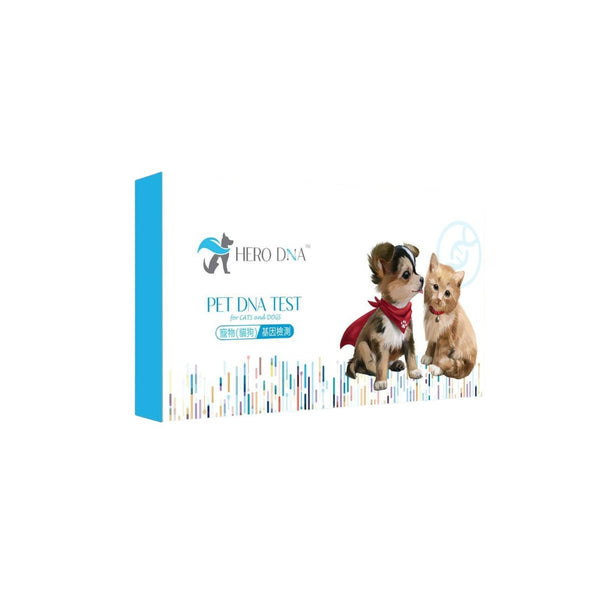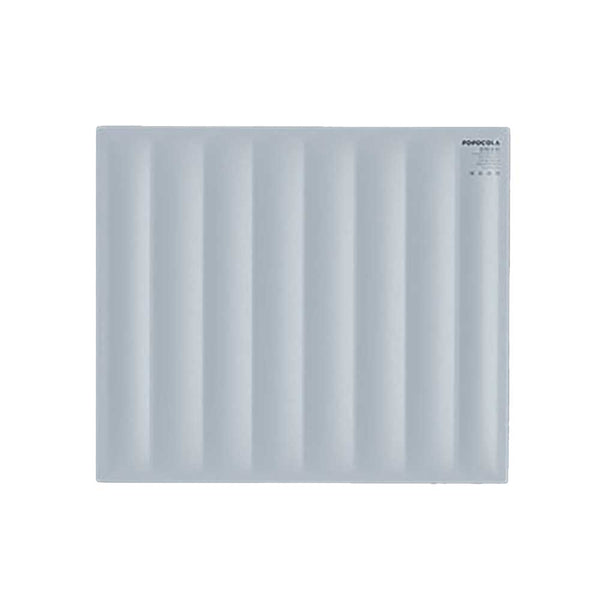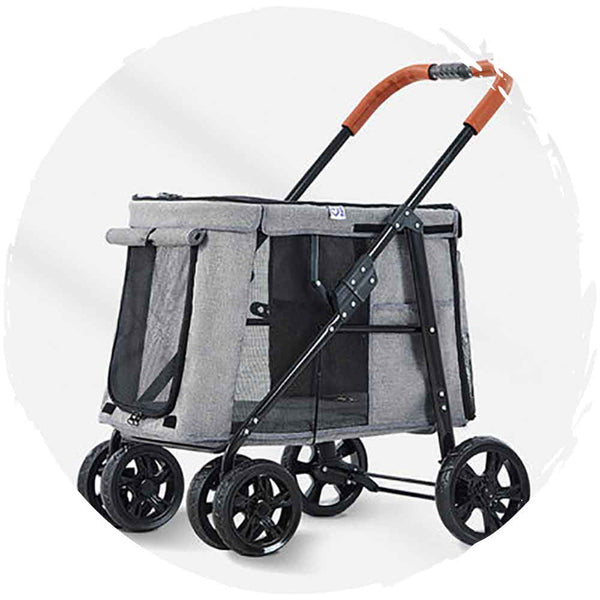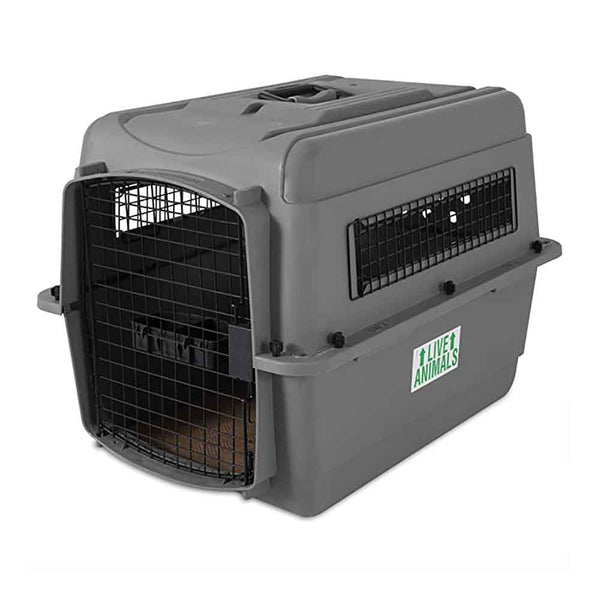Household plant safety knowledge: plant poisoning risks and pet safety at home

When we grow a variety of plants in our homes or gardens, we often overlook the dangers these beautiful green creatures can pose to our pets.
Dogs' curious nature may lead them to try to eat these plants, and some plants contain toxins that can be fatal to dogs. This article will look at the five major categories of plants that are poisonous to dogs, and how to identify and avoid potential dangers.

Table of contents:
1. Flowers

Including rhododendrons, carnations, amaryllis, hyacinths, hydrangeas, daffodils, etc. These flowers not only look beautiful and have bright colors, but their toxins may cause vomiting, abdominal pain or even more serious health problems for dogs.
2. Ferns

Although they are safer than flowers, such as Asparagus leucophylla and Asparagus pine leaf, there are still some ferns that contain toxins that may cause harm to dogs.
3. Indoor plants

For example, these plants may cause irritation to your dog’s digestive system, causing vomiting and diarrhea.
4. Perennial plants

Ivy, golden kudzu, sansevieria, morning glory, etc. The toxicity of these plants may affect the nervous system of dogs and cause various discomforts.
5. Succulents

Desert rose, keel, aloe, etc. The toxins contained in these plants may cause the dog's heartbeat to accelerate or arrhythmia, causing serious damage to the dog's heart.
What should I do if my dog accidentally eats a poisonous plant?

When your dog eats a poisonous plant, the first thing to do is to stay calm and act quickly. Immediately isolate your dog from the plant to prevent further ingestion. If possible, record or photograph the plant for easy identification. Then, contact your veterinarian immediately and provide detailed information such as the type, quantity, and time of the plant the dog accidentally ingested.
Do not attempt to deal with it on your own, such as inducing vomiting, as this may worsen your dog's injury. If your dog develops vomiting, diarrhea, weakness or other abnormal symptoms, he should be taken to a veterinary hospital immediately.
Summarize:

As responsible pet owners, it’s important to know which plants are harmful to our dogs. When choosing indoor or outdoor plants, we should avoid varieties that are toxic to dogs, and always pay attention to the behavior of our pets to prevent them from accidentally eating them. If you suspect your dog has ingested a poisonous plant, contact your veterinarian immediately for diagnosis and treatment. Taking care of our dogs starts by protecting them from poisonous plants. For more information about plants that are toxic to dogs, check out these resources.

